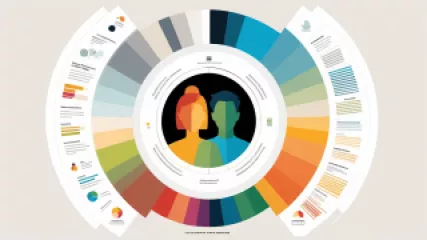Understanding Gender Identity: A Research Summary
1 year ago
Gender Identity
10 Best Online Social Skills Courses to Master Networking and Communication
1 year ago
Social Skills Training
Understanding and Exploring Your Gender Identity
1 year ago
Gender Identity
Unlearning Cognitive Distortions: Lessons from 'The Matrix'
1 year ago
Cognitive Distortion Types
The Ultimate Guide to Mental Health Policy and Coaching
1 year ago
Policy and Mental Health
Expert Insights: Navigating Emotional Agility for Personal Growth
1 year ago
Developing Emotional Agility
How to Overcome Imposter Syndrome: Expert Answers to Common Questions
1 year ago
Imposter Syndrome
Understanding the Psychological Impact of Remote Work on Digital Nomads
1 year ago
Digital Nomad Psychology
Understanding Different Types of Cognitive Distortions
1 year ago
Cognitive Distortion Types
In Conversation with an Expert: Navigating Managing Expectations in Personal Growth Therapy Sessions
1 year ago
Managing Expectations
How can I find effective anger management solutions online?
1 year ago
Anger Management
Learning Mental Health Coaching Lessons from Popular Policies in Movies
1 year ago
Policy and Mental Health
Mastering Social Skills: The Ultimate Guide to Enhancing Your Interpersonal Relationships
1 year ago
Social Skills Training
Mastering the Art of Managing Expectations: An Ultimate Guide
1 year ago
Managing Expectations















